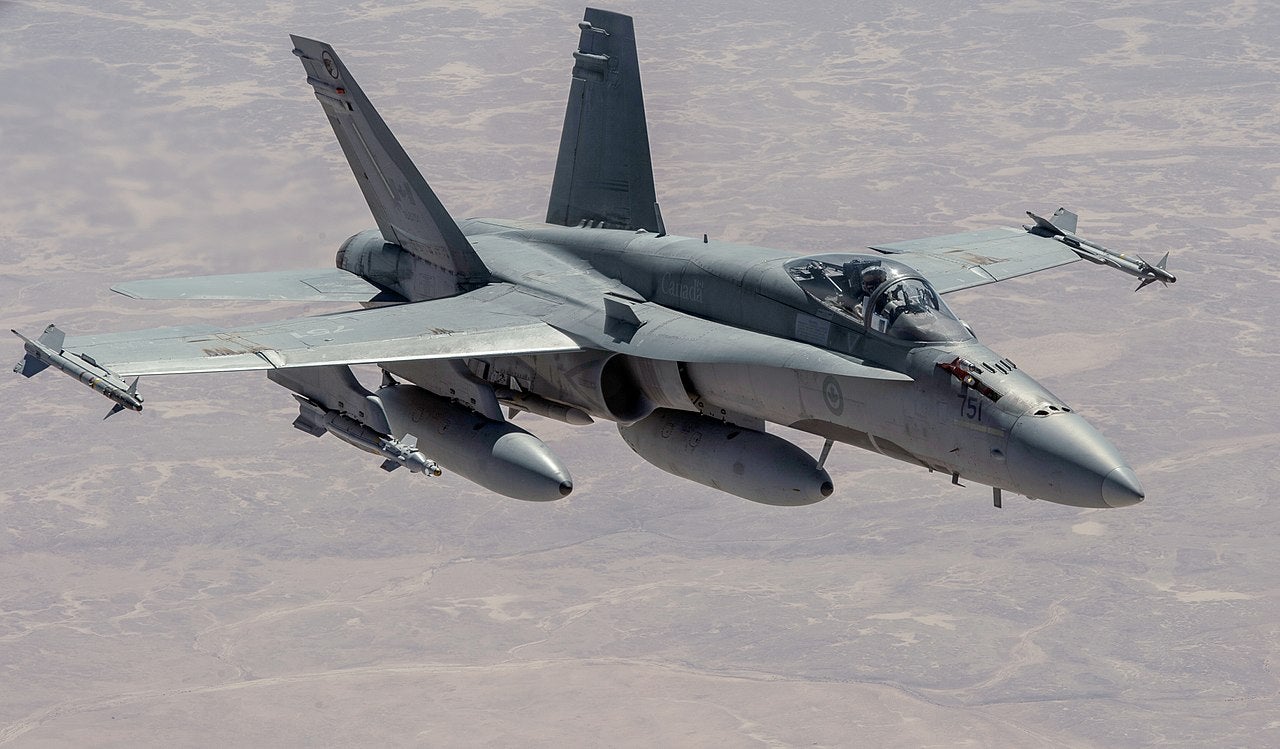
The Canadian Government has selected two bidders as finalists for the Future Fighter Capability Project (FFCP) competition.
The eligible bidders are Swedish firm Saab and Lockheed Martin, which implies Boeing’s F/A-18 Super Hornet Block III aircraft has been dismissed.
In July 2020, the Canadian Government received bids from the three firms in response to the formal request for proposals released in July 2019.
The FFCP project seeks to procure 88 advanced fighter jets for the Royal Canadian Air Force (RCAF).
Saab proposed its Gripen E while Lockheed Martin offered its F-35 for the programme
Canada’s next fighter will replace the country’s fleet of McConnell Douglas CF-18 Hornets.
In a press statement, the government stated that the proposals were strictly evaluated on capability and cost aspects. Assessment of economic impact was also evaluated during the process.
In the coming weeks, Canada will conclude the next steps for the process, which is also based on further analysis of the proposals raised by Saab and Lockheed.
The process would also involve proceeding to final talks with the top bidder or entering a ‘competitive dialogue’.
As part of the competitive dialogue, the two finalists will be provided with an opportunity to enhance their proposals.
A contract award is expected by next year while the first aircraft is expected to be delivered as early as 2025.
At the beginning of this year, Saab proposed to build a sensor centre under its bid for the FFCP. The proposal is part of Canada’s Industrial and Technological Benefits policy from the company.
In September 2019, Airbus and the UK Ministry of Defence decided to withdraw from the FFCP.



